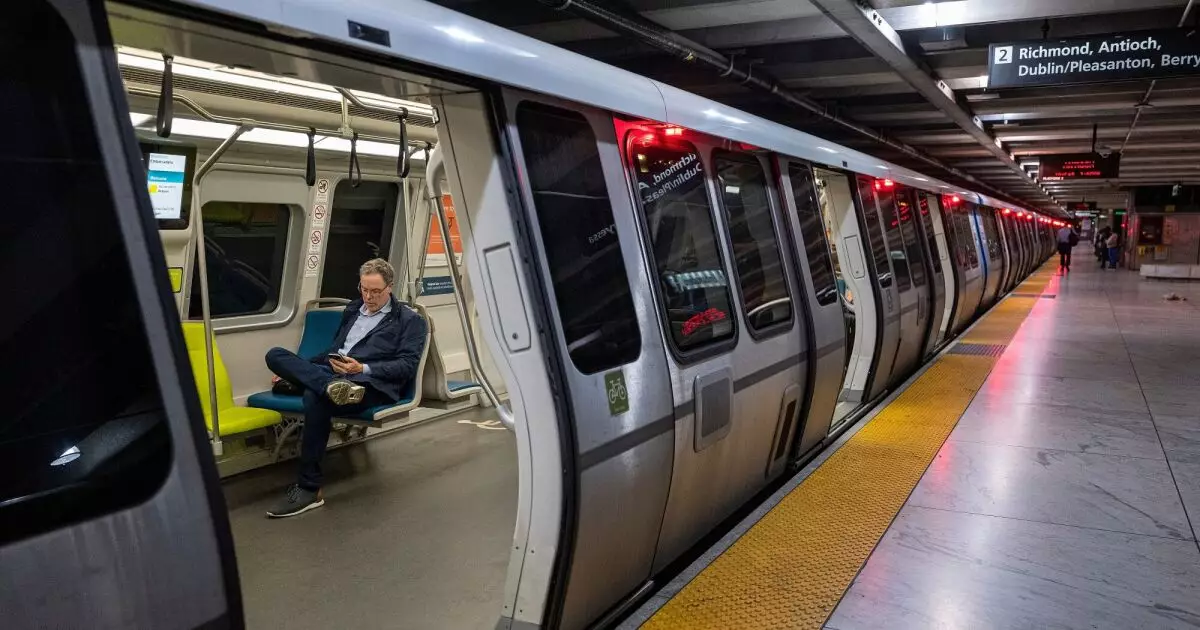The proposed tax measure aimed at providing much-needed financial support for struggling San Francisco regional transit providers, specifically the Bay Area Rapid Transit District (BART), faced significant opposition on multiple fronts. Senators Scott Wiener and Aisha Wahab, the authors of Senate Bill 1031, initially anticipated making further amendments to the bill as it transitioned from the Senate to the Assembly following a 26-10 approval vote on May 31. However, the bill’s sponsors, including the Metropolitan Transportation Commission, ultimately decided to halt the measure, citing the necessity for additional time to address various regional disparities.
One of the primary regions expressing opposition to the tax proposal was Santa Clara County, situated at the southern end of the San Francisco Bay. San Jose Mayor Matt Mahan, along with State Senator Dave Cortese and Santa Clara County Supervisor Cindy Chavez, had announced plans to establish a political action committee to combat the tax initiative. Their main argument was that the proposed tax would burden their constituents to support transit agencies that primarily benefit other areas.
The intricacies of the bill empowered the Metropolitan Transportation Commission to select between a half-cent sales tax, payroll tax, regional vehicle surcharge, or a combination of these methods to raise $1.5 billion over a 30-year period. The funds generated from this tax were designated to address the financial woes of BART, which has been grappling with significant operating deficits projected to reach $385 million by 2027. Prior to the pandemic, BART heavily relied on farebox revenue to sustain its operations. However, with commuter ridership still significantly below pre-pandemic levels and federal COVID relief funds diminishing, the transit agency faces a looming fiscal crisis.
Following the withdrawal of the tax measure, the Metropolitan Transportation Commission scheduled a special meeting for June 12 to discuss strategies for achieving regional consensus on potentially reintroducing the measure. MTC Chair and Napa County Supervisor Alfredo Pedroza acknowledged that Senate Bill 1031, in its current form, lacked the broad support necessary for successful passage. Pedroza emphasized the importance of unity within the Commission and expressed confidence in collaborating with Bay Area legislators to develop a revised bill that garners widespread support. The commission intends to engage in discussions with key stakeholders in the coming months to assist the senators in drafting a more agreeable piece of legislation.
The setback faced by the failed tax measure poses a serious threat to the financial stability of Bay Area transit providers, particularly BART. The need for comprehensive regional collaboration and consensus is evident in overcoming the challenges associated with funding transit infrastructure. As the stakeholders regroup and strategize for future legislative efforts, finding a balanced solution that addresses the concerns of all parties involved will be crucial in securing adequate funding for the Bay Area’s vital transportation network.

